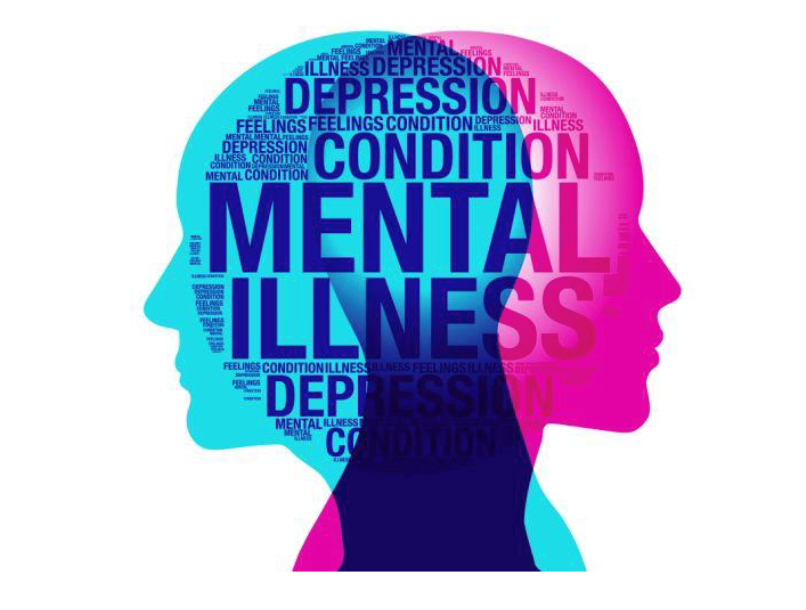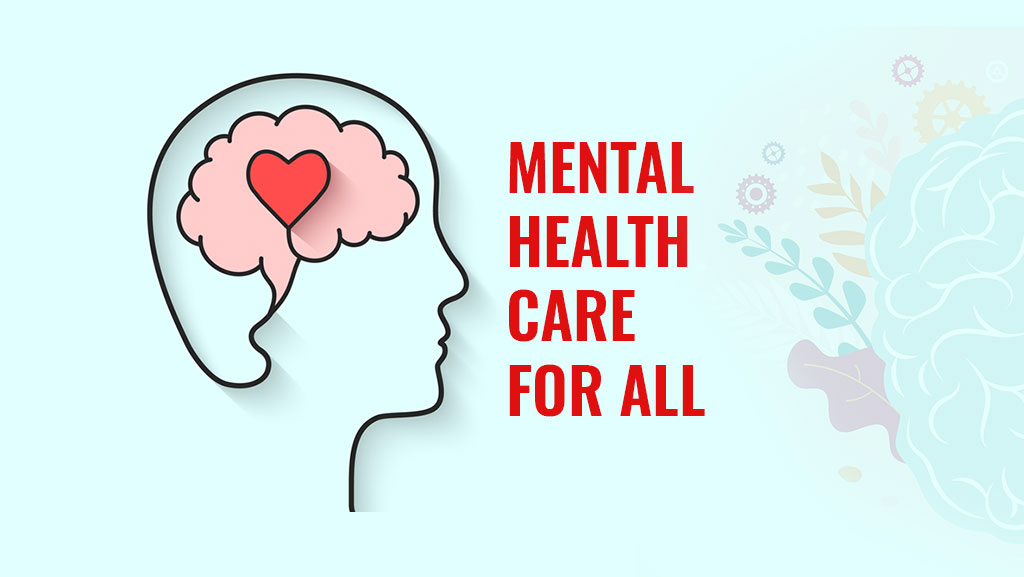Your Overview to Accessing Top Quality Mental Health Services
Your Overview to Accessing Top Quality Mental Health Services
Blog Article
Understanding the Influence of Workout on Mental Health And Wellness and Total Health
In the world of mental health and wellness and overall health, the value of exercise is a complex subject that necessitates expedition. Past its physical benefits, the influence of exercise on one's psychological health has been a subject of expanding passion and research study. The intricate interplay in between physical task and mental health unveils a range of favorable outcomes that expand far beyond the boundaries of a health club or a running track. As we browse with the complexities of this relationship, a deeper understanding of just how workout influences our mental state and general health emerges, shedding light on the extensive implications it holds for our everyday lives and lasting health and wellness.
Benefits of Exercise on Mental Health

Routine workout has been shown to dramatically boost mental health end results in people of all ages. Involving in routine exercise not only advantages physical well-being yet likewise plays a vital role in boosting mental health. One of the primary benefits of exercise is its capacity to minimize signs and symptoms of anxiety and anxiety. Physical activity boosts the release of endorphins, also referred to as the "feel-good" hormonal agents, which can help alleviate feelings of tension and boost state of mind.
Additionally, exercise has been linked to boosted cognitive function and total brain health. In addition, workout advertises much better rest patterns, which are essential for preserving excellent psychological wellness.

Connection Between Workout and Anxiety
Exercise works as a powerful system for easing tension and advertising mental well-being by promoting the release of endorphins and fostering a sense of relaxation and rejuvenation. When stress and anxiety levels climb, the body's fight-or-flight reaction is set off, causing raised cortisol levels. Routine physical activity assists counteract this action by reducing cortisol degrees, which subsequently alleviates stress and anxiety. Workout promotes the production of endorphins, usually referred to as the body's natural medicines, which act as mood elevators and anxiety reducers.
Taking part in exercise additionally uses an interruption from day-to-day stressors, permitting people to focus on the present moment as opposed to ruminating on sources of stress. Furthermore, exercise can enhance self-esteem and confidence, supplying a sense of success and control that can combat sensations of vulnerability frequently linked with stress and anxiety. By including workout right into a regular regimen, individuals can properly take care of stress and anxiety degrees, bring about enhanced mental well-being and total top quality of life.
Impact of Workout on State Of Mind
The relationship between workout and mood is well-documented, with many studies highlighting the positive results of physical activity on mental wellness. Additionally, routine workout can lead to improved self-worth and a sense of achievement, discover here which can additionally boost one's overall mood.
Furthermore, the impact of workout on state of mind extends beyond simply the prompt post-workout duration. Research recommends that people who preserve a constant workout routine are more probable to experience long-term enhancements in their state of mind and mood. This can be attributed to the structural modifications in the mind that take place as an outcome of routine exercise, such as increased connectivity between brain regions accountable for managing feelings.
Workout and Cognitive Feature
Countless researches have demonstrated the considerable effect of physical activity on cognitive function, highlighting the elaborate relationship in between exercise and mental procedures. Involving in routine workout has actually been shown to enhance numerous elements of cognitive function, consisting of memory, interest span, analytic skills, and overall psychological acuity.
Additionally, consistent exercise has actually been linked to a decreased risk of cognitive decrease and neurodegenerative illness such as Alzheimer's. Studies recommend that individuals that maintain an energetic lifestyle throughout their lives experience slower rates of cognitive decline compared to those that are less active. Generally, the evidence extremely sustains the concept that normal exercise is not just valuable for physical health yet likewise plays a crucial function in preserving and enhancing cognitive function.
Techniques for Incorporating Exercise
Embracing a structured method to integrating exercise into daily routines can significantly improve the likelihood of preserving a constant exercise program. One reliable technique is to establish details, achievable objectives. These objectives should be sensible and customized to specific abilities to protect against feelings of failing and ensure motivation. Furthermore, including exercise into existing routines, such as walking or cycling to work, taking the stairways rather than the lift, or organizing routine workout sessions, can aid make exercise a habitual part of every day life.
Another useful tactic is to locate activities that are pleasurable. Whether it's dancing, yoga, swimming, or cycling, engaging in activities that bring satisfaction raises the opportunities of sticking to the exercise routine over time. Furthermore, differing the sorts of exercises and setting apart time for both strength-training and cardio tasks can avoid boredom and offer an alternative method why not try this out to physical conditioning.
Integrating exercise right into social activities, such as signing up with a sporting activities team or exercise group, can additionally promote a additional hints sense of neighborhood support and liability, making it less complicated to stay devoted to regular exercise. By carrying out these techniques, people can create a lasting and meeting workout routine that advertises mental health and wellness and overall wellness.
Conclusion
In final thought, workout has numerous benefits for mental health and wellness and total health. By recognizing the effect of exercise on mental health, individuals can take aggressive actions to prioritize their physical task and enjoy the favorable results on their psychological and psychological state.

Report this page